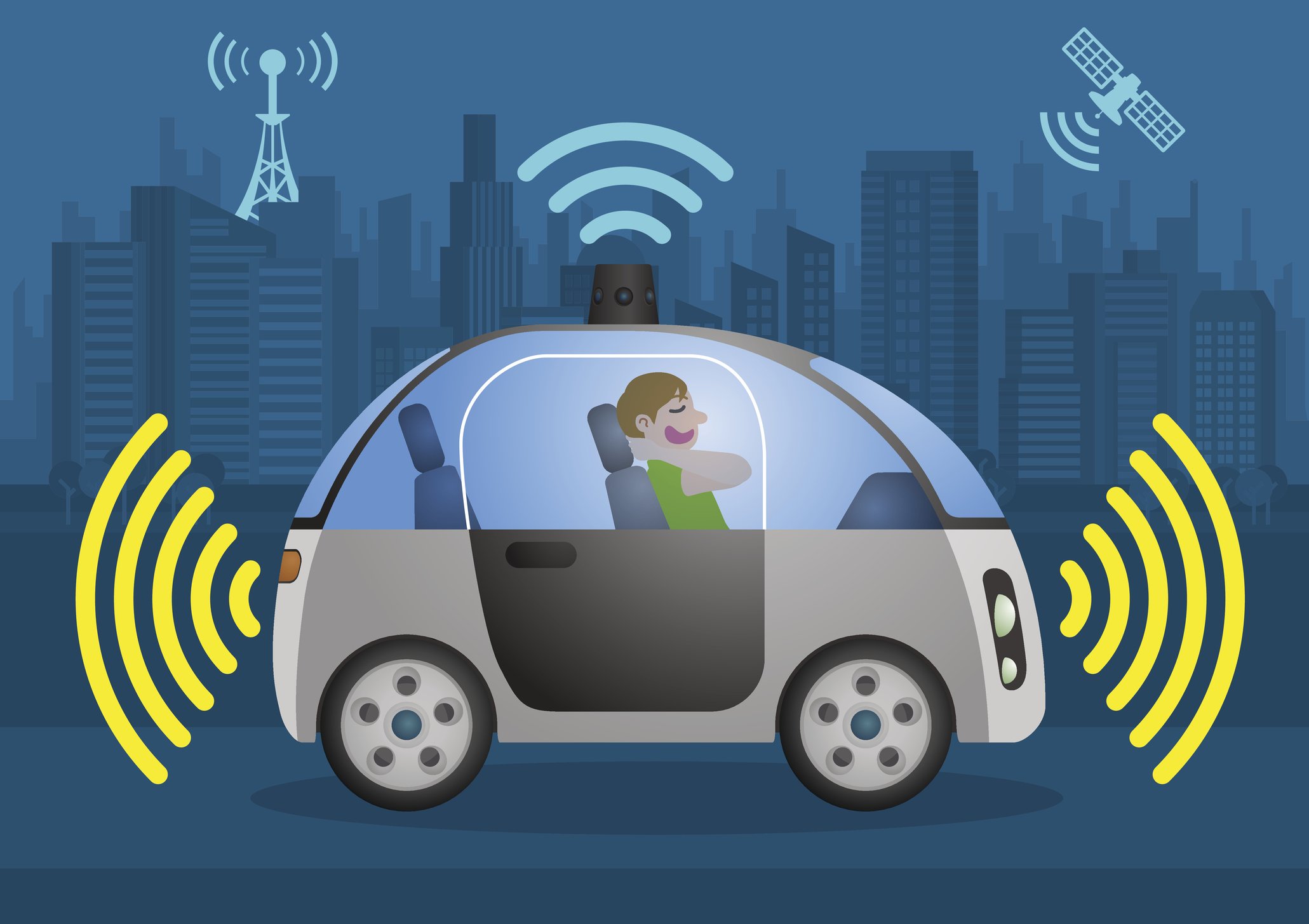Will You Win or Lose As Self-Driving Vehicles Take Over?
A Multi-Trillion Dollar Industry on the Rise
FUTURE PROOF – BLOG BY FUTURES PLATFORM
A recent Intel study has estimated that the "passenger economy" will be worth US$7 trillion by 2050. The "passenger economy," a term coined by the American technology company, is the full economic and societal value stemming from fully autonomous vehicles. In this economy, there are both winners and losers.
According the the study, about 55 percent of the value created, or US$3.7 trillion, will come from consumer use cases of mobility-as-a-service. These services include consumer-targeted businesses, such as ride-hailing platforms (think Uber or Lyft) or other ride-sharing platforms.
An estimated 43 percent of it, or about US$3 trillion, will come from business use cases. Fully autonomous vehicles are expected to revolutionize freight delivery and the transportation industry, creating an ample range of new business opportunities and models.
Approximately another US$200 billion are expected to be generated from other services and businesses that will emerge from the shift towards autonomous vehicles. As passengers no longer have to drive, a whole new range of in-vehicle business services or service delivery business models will be created.
But this 7-trillion dollar industry is not a win-win for everyone. According to MIT Technology Review, there will be new jobs created from these developments, such as remote vehicle operators, who would serve similar functions to those of air traffic controllers at airports. However, for most people whose livelihoods depend on driving vehicles, such as truck drivers, taxi drivers, or delivery workers, it might not be long until they have to start looking for other jobs.
Many of these changes will likely start happening much earlier than 2050. While no doubt tremendous value will come from the growth of mobility-as-a-service, governments and citizens would benefit from a conversation around the opportunities and threats of this new industry, in order to take full advantage of the former, and minimize the latter.




The autonomous vehicle is set to be as life-changing as the invention of the motor vehicle itself. Modern-day cities have been shaped largely by the mobility that is achieved through motor vehicles, providing transport services to people and goods alike and supported by major road networks worldwide.